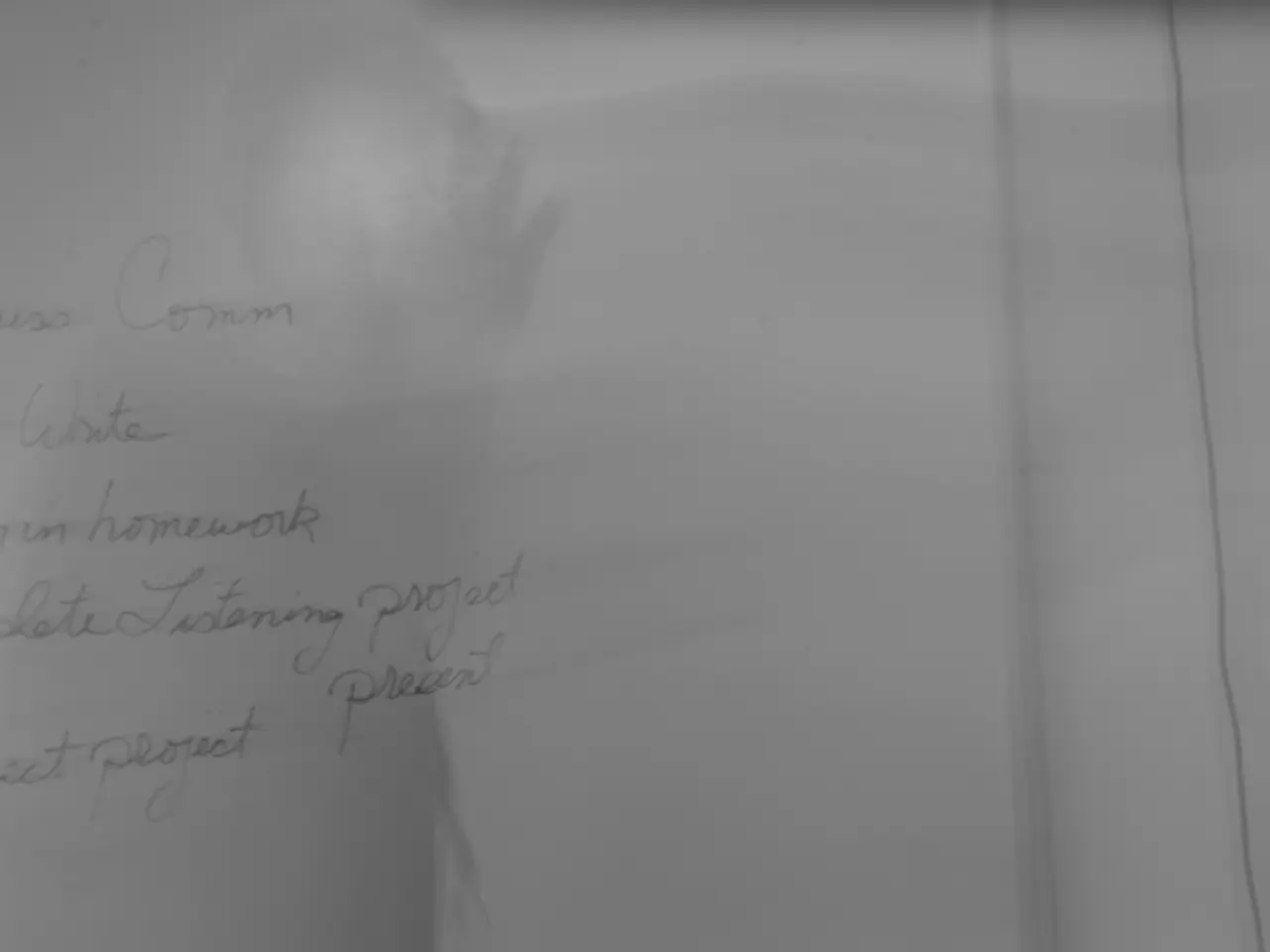Exploring the Legalities of Will Disputes: Reasons and Procedures for Challenging a Will's Validity
Contesting a will is a legal challenge of a deceased individual's last testament, allowing interested parties to dispute the validity of the will based on various legal grounds. However, the legal process, grounds, and potential outcomes for contesting a will can vary significantly across different U.S. states due to differences in probate laws, time limits, and the specific requirements for challenging a will.
Legal Process
Contesting a will is generally done through probate court in the deceased’s state of residence. While most states require the challenge to be filed during the probate process, procedural rules differ. For instance, in Florida, a will contest must usually be filed within 90 days after receiving formal notice once the will is submitted to the probate court. Some states might have intermediate appellate courts to hear appeals related to probate disputes, while others send appeals directly to the state supreme court.
Grounds for Contesting
Common grounds for contesting a will include lack of testamentary capacity, undue influence, fraud, improper execution of the will, or the existence of a later valid will. These grounds are generally consistent, but how strictly they are applied and proven varies by state law.
Timeframes (Statute of Limitations)
Deadlines to contest a will differ widely. In Florida, the primary deadline is 90 days after notice but can be extended in cases of fraud or if notice was not properly given. Other states may have longer or shorter periods, or allow challenges outside probate in special circumstances.
Potential Outcomes
Outcomes depend on the court’s findings. The will may be upheld as valid, declared invalid either in whole or in part, or replaced by an earlier or partial will if proven valid. Alternative outcomes include asset redistribution under state intestacy laws if no valid will exists. Appellate courts may review decisions on legal grounds but typically do not re-examine factual disputes except if unsupported by evidence.
Multi-State Considerations
For disputes involving parties or assets in multiple states, choice-of-law rules, differing statutes of limitations, and variable legal definitions complicate contesting a will. Specialized comparative law analysis or legal expertise may be required to navigate such cases.
In summary, while the core concepts of contesting a will are fairly uniform across states, the specific legal process, acceptable grounds, timelines, and court procedures vary based on state probate rules and statutes, affecting how and when you can contest and the likelihood of success.
Example Comparison: Florida vs. General U.S. Context
| Aspect | Florida | General U.S. Variation | |--------------------------|-----------------------------------------|--------------------------------------| | Where contest is filed | Probate court in decedent’s county | State probate court, varies by state | | Time to contest | 90 days after will notice (can extend) | Months to years; varies widely | | Grounds | Testamentary capacity, fraud, undue influence, improper execution | Similar, but strictness varies | | Appeal process | Intermediate appellate court or supreme court | Varies, some states lack intermediate appellate courts[1] | | Outcome | Will valid, invalid, replaced or asset redistribution | Similar, specifics vary by law |
This illustrates how procedural and timing differences can impact strategy and outcomes in will contests. Consulting a probate attorney knowledgeable about the relevant state law is crucial to navigate these differences effectively.
In addition to the legal aspects, emotional and family dynamics often complicate legal proceedings when contesting a will, leading to fractured relationships among surviving family members. Clear and respectful communication can alleviate some of this strain. In certain circumstances, individuals may recover some of their legal costs when contesting a will, under factors like winning the contest, probate provisions, or bad faith actions by the opposing party. Professional mediation may further aid in addressing emotional challenges when contesting a will. Contingency fee arrangements allow clients to pay their attorney based on the outcome of their case, alleviating upfront financial burdens.
- In the context of contesting a will, individuals may seek legal advice to understand the various differences in finance and education-and-self-development aspects across different states, such as time limits, procedure rules, and choice-of-law considerations, as these factors can significantly impact their strategy and outcomes.
- To navigate the complexities of will contests, especially those involving parties or assets in multiple states, one might require specialized financial and legal education to understand the relevant state laws and employ strategies that maximize their chances of success, considering the emotional and family dynamics that may complicate legal proceedings.




